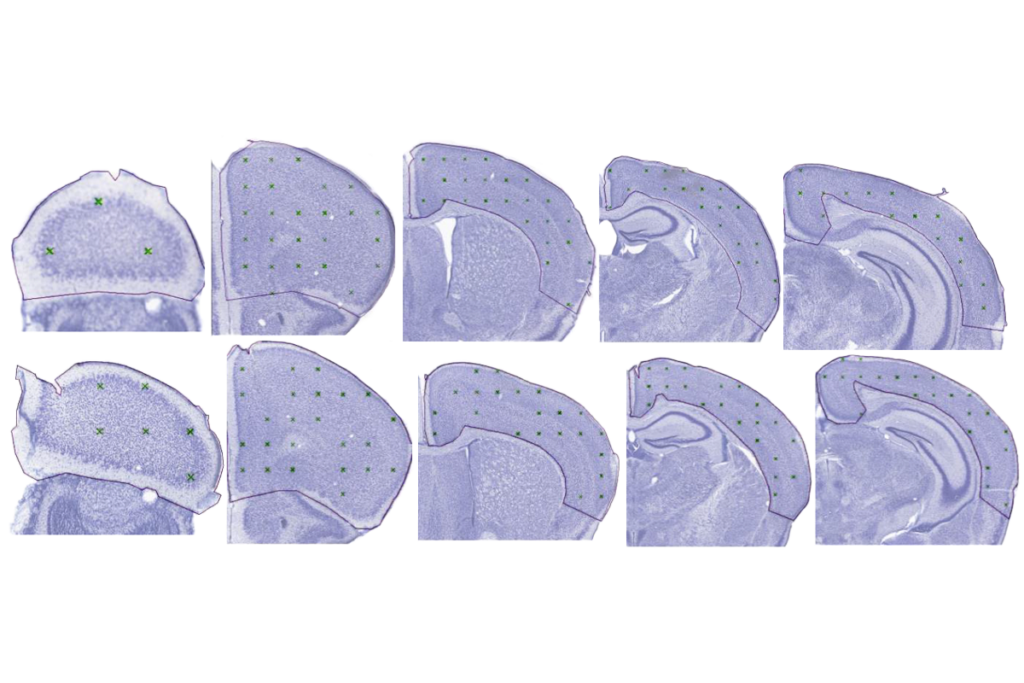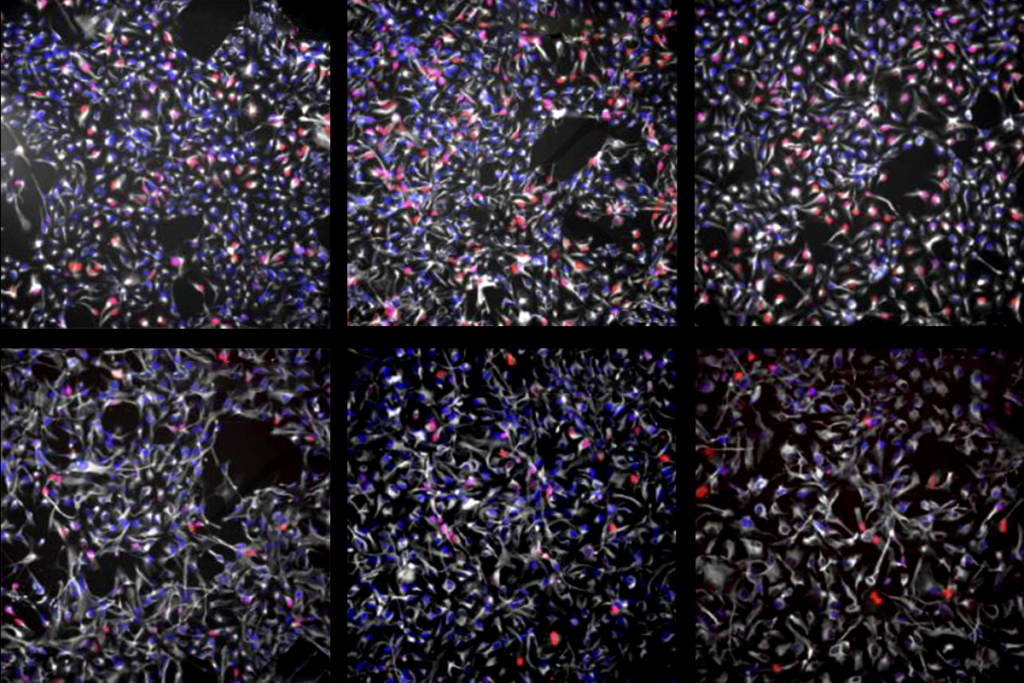Hello, and welcome to the Community Newsletter! I’m your host, Chelsey B. Coombs, Spectrum’s engagement editor.
Twitter served up some practical tips this week about how to make magnetic resonance imaging (MRI) more comfortable for autistic people. Strategies in the literature could lead to new training materials for clinicians and scientists, a team of researchers wrote in a recent review.
Our latest work on #autism-friendly #MRI, with gratitude to a great team, our reviewers, especially Prof @MikleSouth, all the key stakeholders, charities and @SCoRMembers for funding. Here is to learning and to hoping we can change #MRI practice.
— Christina Malamateniou (she/her) (@CMalamateniou) December 28, 2021
Noisy, narrow MRI machines can be especially challenging environments for autistic people, who may have sensory sensitivities, anxiety or communication challenges. Their discomfort can confound a study’s results, and sedation can cause side effects, especially in children.
To improve the experience, researchers and clinicians can send information about the MRI process ahead of time and use a person’s preferred communication style, the review notes. They can reduce wait times, provide a quiet waiting room with dimmable lights and offer autistic people weighted blankets, headphones, stress balls, movies or music during the scan. Simulated MRI experiences before the procedure can also help lower anxiety.
Mikle South, professor of psychiatry and behavioral sciences at Emory University and director of the Emory Autism Center in Atlanta, Georgia, peer-reviewed the paper before its publication and tweeted that the field should use these tips in the future.
It’s a great review and agree about doing things better going forward! Good work.
— Mikle South (@MikleSouth) December 30, 2021
Neil Woodhouse, a clinical manager for MRI at NHS Blackpool Teaching Hospitals in the United Kingdom, tweeted that he will use the recommendations in his practice.
Great review of considerations and adjustments for #MRI of #Autistic patients.
Will definitely inform our practice @BlackpoolHosp https://t.co/mKHTuhRZNc— Neil Woodhouse (@RealNeil71) December 28, 2021
Mary Doherty, an anesthetist at Our Lady’s Hospital, Navan, in Ireland and founder of Autistic Doctors International, tweeted that the review shows how important it is to consult with autistic people during research.
A systematic review from a great project team looking at accessible MRI, which also shows the importance of involving autistic people in research@Autistic_Doc @GColleranMD https://t.co/JjiEnUXPh7
— Mary Doherty (@AutisticDoctor) December 28, 2021
Also this week, we are highlighting a tweet thread from Thomas Südhof, Nobel prize winner and professor of molecular and cellular physiology and of neurosurgery at Stanford University in California.
Check out our latest preprint! We ask a question that textbooks in various fields consider closed: does learning require long-term potentiation (LTP) of synapses? Read along for a surprise, insights into neural dynamics, and salience coding. https://t.co/qHl4317yfU
— Thomas Südhof Laboratory (@SudhofThomas) January 6, 2022
“Read along for a surprise,” Südhof wrote about a new preprint from his lab, which upends a popular idea about learning — namely, that it requires long-term potentiation of synapses.
Luke Rowe, a cognitive scientist and lecturer at Australian Catholic University in Victoria, and others described the work as mind-blowing.
This paper blew my mind. It challenges something I thought was a foundational principle of learning in the brain: that learning manifests, without much exception, in LTP of synapses… apparently not! Blocking LTP only partially impairs learning. Read for more details https://t.co/Ib0bg0S57Q
— Luke Rowe, Ph.D. (@LukeIRowe) January 9, 2022
“At last!” tweeted Huda Akil, professor of psychiatry and research professor of molecular neuroscience at the University of Michigan in Ann Arbor.
This is awesome! At last!
“Contrary to current conceptual frameworks, we found that hippocampal CA1-region LTP is not required for accurate representations of space in hippocampal neurons, but rather endows these neurons with reward- and novelty-coding properties.”???? https://t.co/Tzl8HpG77m— Huda A (@Huda_Akil1) January 8, 2022
The work establishes an “interesting trend in the Südhof lab’s literature: rewriting the textbooks,” tweeted Matthew Kraushar, research group leader at the Max Planck Institute for Molecular Genetics in Berlin, Germany.
interesting trend in the Südhof lab’s literature: rewriting the textbooks on heavily studied molecules and mechanisms ????✍️????
excellent reminder: do not be complacent – ideas are not settled, but always evolving!
first glutamate receptors:https://t.co/DXrFIcv9QU
now LTP! ???? https://t.co/QBEWkNZ82p
— Matthew L. Kraushar (@MatthewKraushar) January 7, 2022
Register for the next Spectrum webinar, featuring the co-chairs of the Lancet Commission: Tony Charman, chair of clinical child psychology at King’s College London in the U.K., and Catherine Lord, distinguished professor of psychiatry and education at the University of California, Los Angeles. They will speak about the commission’s recommendations and the use of the term ‘profound autism’ to refer to autistic people with intellectual disability, limited communication abilities or both.
That’s it for this week’s Community Newsletter! If you have any suggestions for interesting social posts you saw in the autism research sphere, send an email to [email protected].





